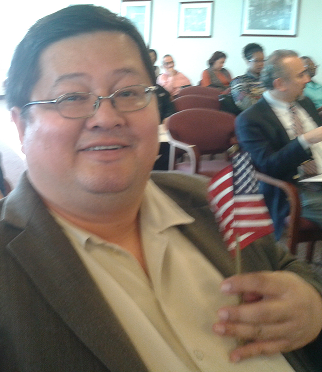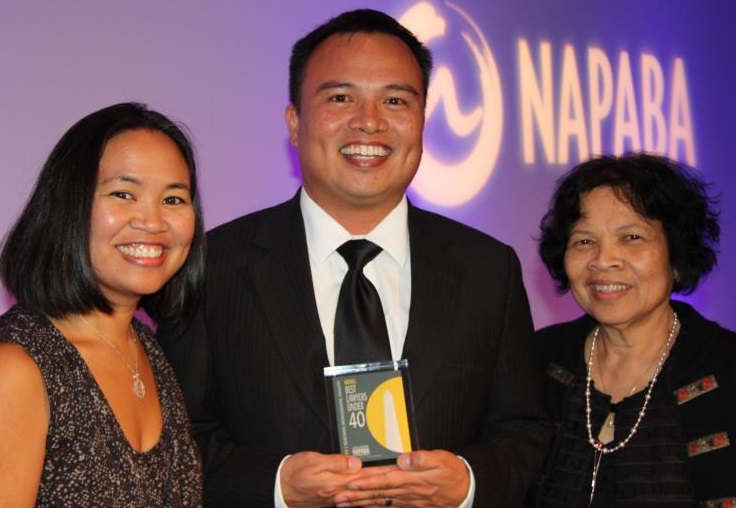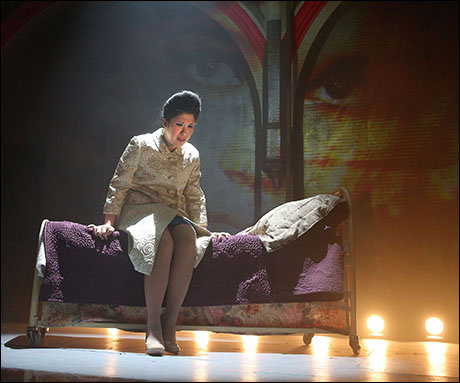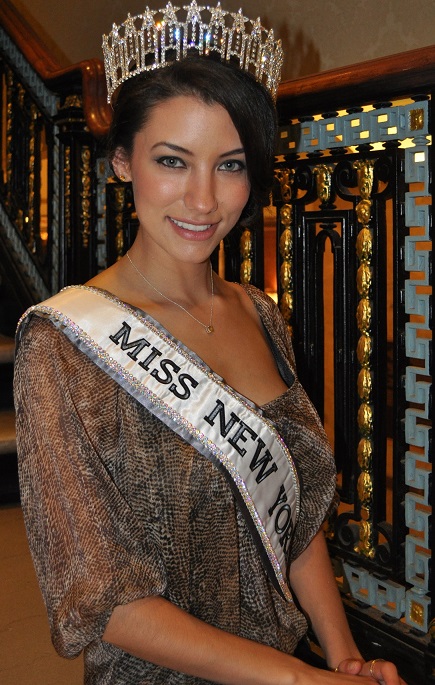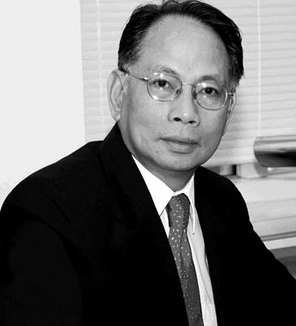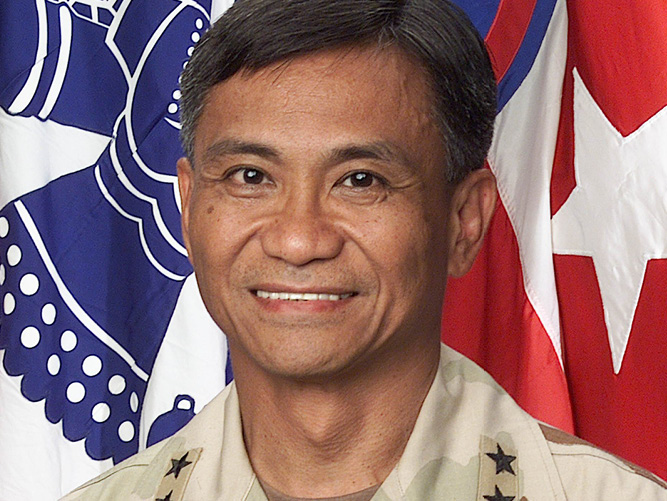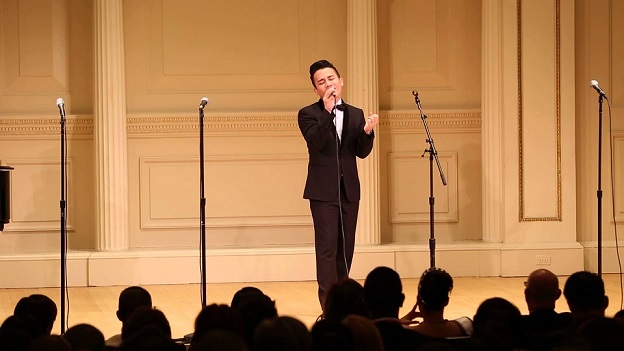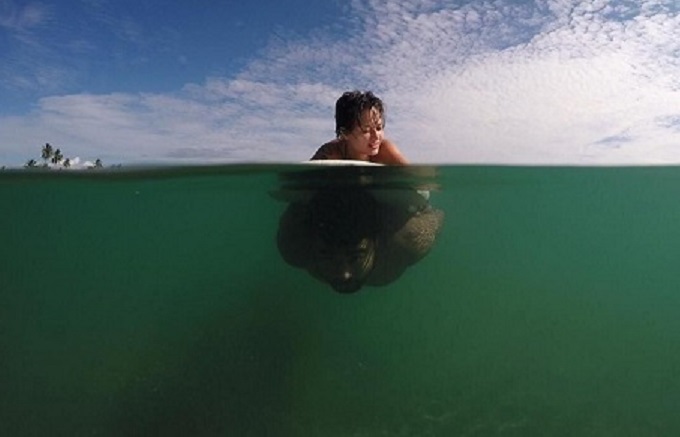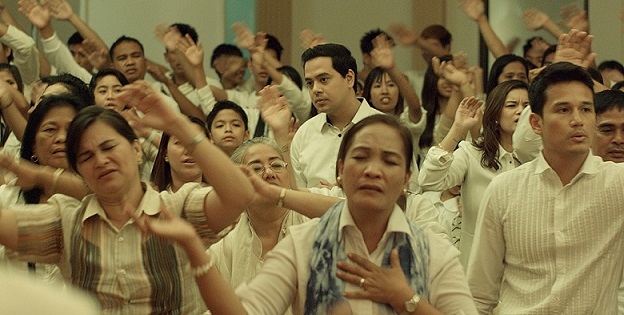3 Philippine films make the cut in the New York Asian Film Festival
The New York Asian Film Festival – from June 22 to July 9 – gave first glimpse of this year’s lineup featuring cutting-edge themes and a cast of Asia’s hottest stars.From the Philippines come three genre-defying films that explore fatherhood, and what it means to be an adult: Erik Matti’s religious crime drama “Honor Thy Father,” Ralston Jover’s noir youth drama “Hamog” (Haze), and Mario Cordejo’s sensual surfing film “Apocalypse Child,” which posits that Francis Ford Coppola left behind an illegitimate son as well as a surfboard after shooting “Apocalypse Now” in the Philippines in 1979.
From Malaysia, first-time director Shanjhey Kumar Perumal’s “Jagat” (Brutal) follows the hardships of a 12-year-old boy as he gets drawn into the criminal lifestyle of his uncle, a henchman for a local Malaysian gang. Channeling the spirit of Satyajit Ray, this raw coming-of-age story receives its North American premiere at NYAFF.
South Korean films examine people selling their souls, both figuratively and literally. In E J-yong’s “The Bacchus Lady,” an elderly prostitute plies her trade in city parks. The bittersweet tale reflects the national scandal of a generation facing abject poverty and abandonment. Kim Jin-hwang’s “The Boys Who Cried Wolf” follows an unemployed actor paid to be a false witness to a child’s murder, while Jang Jae-hyun’s modern exorcist thriller “The Priests” will have heads spinning with its hair-raising car chases, piglets as demonic vessels, and the antichrist.
In explorations of innocence corrupted, the festival puts the spotlight on first-time female directors with China’s “What’s in the Darkness” (dir. Wang Yichun), about a curious teenage girl who is seduced into her cop father’s investigation of a serial killer; Hong Kong’s “Lazy Hazy Crazy” (dir. Jody Luk), in which schoolgirls explore the city’s heart of greed by charging for sex; and Thailand’s “Grace” (dir. Ornusa Donsawai & Pun Homchuen), a merciless attack on social-media idolatry.
Japanese madness is explored in Kiyoshi Kurosawa’s unnerving “Creepy,” about a maniac who infiltrates and corrupts the nuclear-family unit; Sakaki Hideo’s shocking “Kiyamachi Daruma,” featuring a manipulative yakuza boss who lacks not only digits but also his arms and legs; and the loony “Hentai Kamen 2,” about a fetishistic superhero who wears his crime-busting underwear on his head.
Two thrillers explore institutionalized corruption—in the police, in the courts, in the media, and on the political stage—with Woo Min-ho’s “Inside Men” from South Korea and Cheng Wen-tang’s “Maverick” from Taiwan. Both films are razor-sharp dissections of the corruption at the heart of the two fragile democracies at a moment when both are swinging pendulums of political turmoil.
The festival’s executive director, Samuel Jamier, says, “To celebrate our 15th edition, we made the difficult and deliberate decision to have a lean selection of approximately 50 features. Bigger isn’t better; better is better. While maintaining a focus on quality, we’re putting our energies into promoting each film, so that they have a life after the festival. We have a larger lineup of exciting guests booked, including Asian stars who are joining us for our anniversary celebration.” — New York Asian Film Festival

